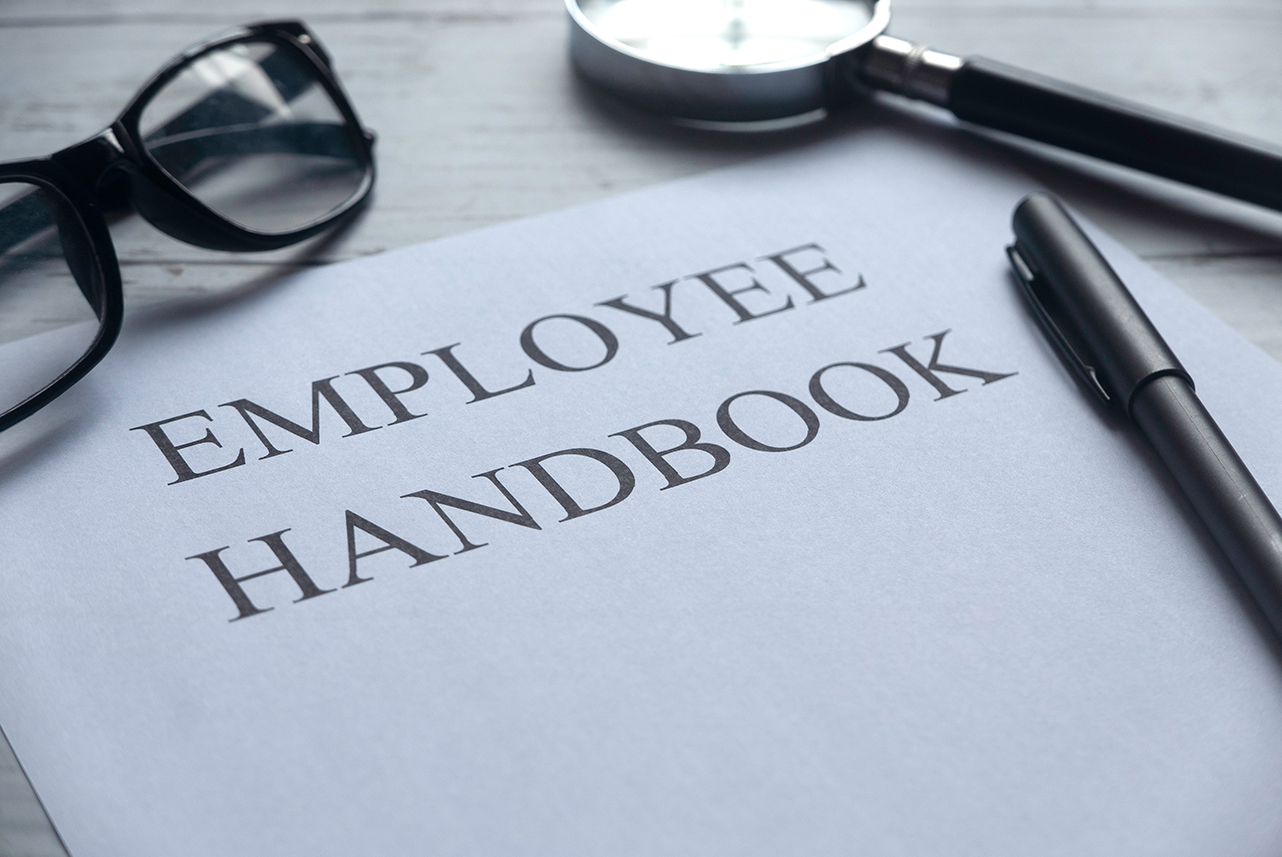Your Employee Handbook May Limit or Expand Your Legal Rights
You probably never read your Employee Handbook. That is not surprising. Your boss probably never read it either. Most people don’t read it until there’s a problem.
Here are three reasons why you should read it now.
Understanding Your Rights as an Employee
Your handbook is almost as important as a contract. It describes company policies on performance evaluations, compensation reviews, vacation and sick days, discipline, and other terms and conditions of your employment. For example, many handbooks include a “progressive discipline” process that requires a verbal warning, and then a written warning, before you can be fired.
Depending on what is in your employee handbook and how it is written, it may be considered a legally binding contract. You may have rights in your employee handbook that are enforceable in court.
Exercising Your Legal Rights
Your handbook describes how to exercise your rights. For example, the law gives you a right to take family or medical leave, but your company can decide the process for requesting leave and whether you must use vacation or sick leave first. The law also protects you from discrimination and a hostile work environment, but your company can decide the process for investigating and resolving internal complaints.
Understanding how to exercise your rights is just as important as knowing what your rights are. If you fail to follow procedures in your employee handbook, you could lose a valid claim against your employer.
Limitations on Your Legal Rights
If you signed an acknowledgment that you received a copy of the handbook, then you may have given up some important rights. For example, you may have agreed that all disputes with your employer will be resolved in binding arbitration.
Think about that for a moment. The U.S. Constitution gives you the right to a jury trial in most cases against your employer. But you may have waived that right by signing for an employee handbook that virtually no one ever reads.
Don’t wait until you have a dispute with your employer to find out what your rights are. Read your Employee Handbook now. And keep a copy at home just in case you ever need it.
Questions? Call us at (212) 601-2728 for a free and confidential consultation.











